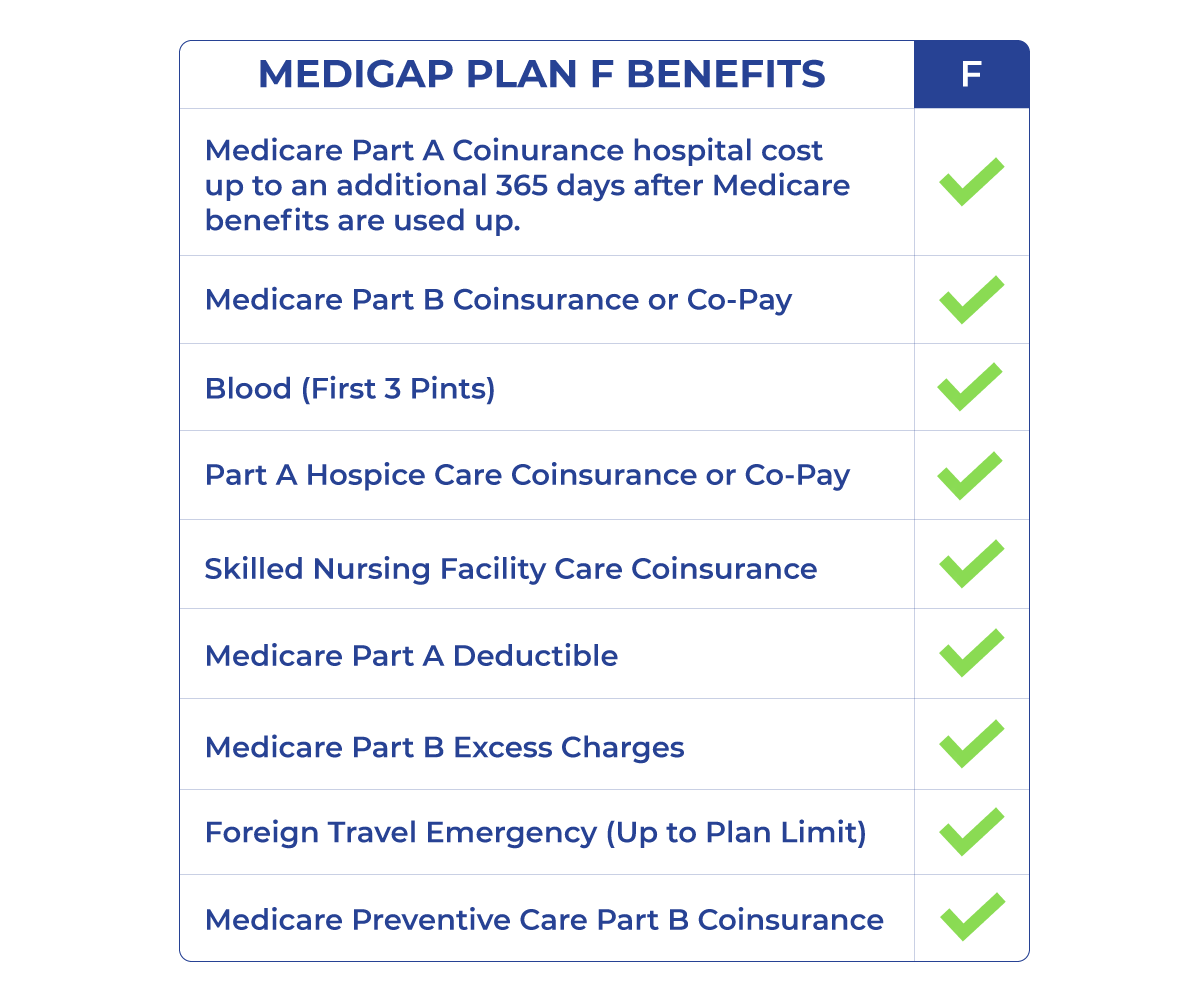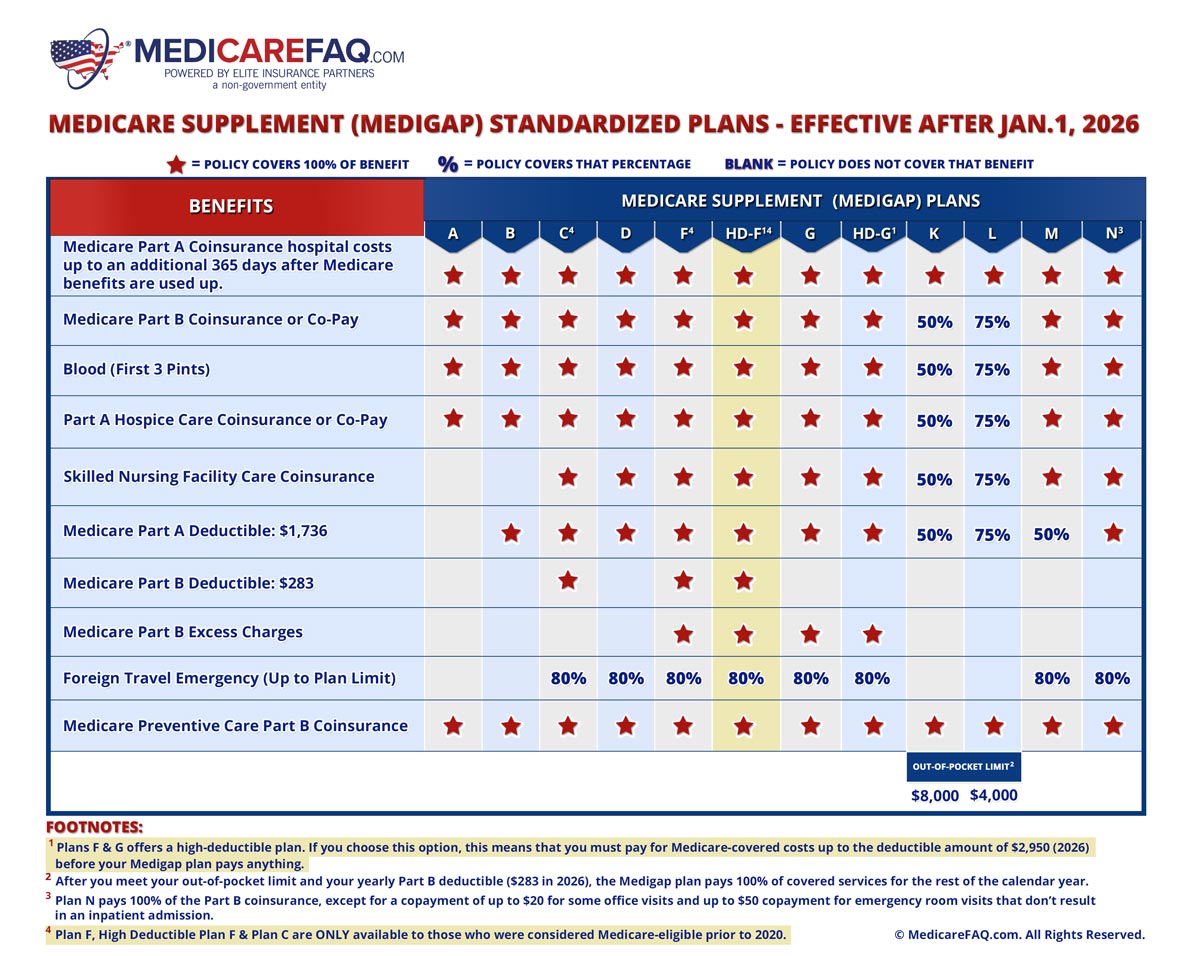Exploring Medicare Supplement Options Beyond AARP Plan F
Are you considering Medicare Supplement insurance and wondering if AARP Plan F is the only option? While AARP is a well-known provider, exploring AARP Plan F alternatives can open doors to a wider range of choices that might better suit your healthcare needs and budget. This article will delve into the world of Medicare Supplement options, providing you with the knowledge you need to make an informed decision.
Navigating the Medicare landscape can be complex. Choosing the right supplemental coverage requires understanding your individual requirements. While AARP Plan F has historically been a popular choice, changes in Medicare regulations and the availability of other plans have made exploring alternatives increasingly important. Finding a plan that aligns with your healthcare preferences and financial situation is crucial.
Medicare Supplement plans, often referred to as Medigap, help cover out-of-pocket expenses that Original Medicare doesn't. These expenses include copayments, coinsurance, and deductibles. While Plan F offers comprehensive coverage, it's important to consider that the availability of Plan F for new Medicare beneficiaries is limited due to changes in Medicare law. This is where exploring Plan F alternatives, whether offered through AARP or other insurance companies, becomes essential.
Before Medicare's changes regarding Plan F, it was a popular choice because it covered virtually all out-of-pocket costs. However, this comprehensive coverage came with higher premiums. The changes to Medicare regulations prompted the creation of other plans, such as Plan G and Plan N, which offer similar coverage with slightly different cost-sharing structures. These plans, like Plan F alternatives offered by various insurers, often provide a balance between coverage and affordability.
When considering alternatives to AARP Plan F, remember that AARP itself doesn't offer Medicare Supplement plans. AARP partners with UnitedHealthcare to offer plans, including Plan F alternatives. Therefore, your search for alternatives involves looking at plans similar to Plan F offered by UnitedHealthcare and other insurers. This wider perspective allows for a more comprehensive comparison based on premiums, coverage details, and the reputation of the insurance company.
Several companies offer Medigap plans similar to Plan F, including Plan G, Plan N, and Plan D. Comparing these plans across different insurers, considering factors like premiums, deductibles, and additional benefits, is vital for finding the best fit. You can use online comparison tools, consult with a licensed insurance broker specializing in Medicare, or contact insurance companies directly to gather information and compare options.
Benefits of exploring alternatives include potentially lower premiums with plans like Plan G and Plan N. Also, considering different insurers allows you to assess their financial stability and customer service ratings. Furthermore, some companies may offer additional benefits like wellness programs or discounts on other services.
To choose the right plan, list your healthcare needs and priorities, compare plans from multiple insurers, and review the plan's details carefully. Seek advice from a trusted advisor or insurance broker if needed.
Frequently Asked Questions about Medigap plans: What is the difference between Plan F, Plan G, and Plan N? How much do Medigap plans cost? Can I switch plans later? When can I enroll in a Medigap plan? Who is eligible for Medigap? What is the Medicare Supplement Open Enrollment Period? What are the benefits of having a Medigap plan? How do I find a Medigap plan in my area?
Advantages and Disadvantages of Plan F Alternatives
| Advantages | Disadvantages |
|---|---|
| Potentially lower premiums | May have some out-of-pocket costs |
| More plan choices available | Coverage may not be as comprehensive as Plan F |
Best practices for choosing a Medigap plan include comparing quotes from different insurers, reviewing the plan’s benefits carefully, understanding the plan's cost-sharing structure, checking the insurer's financial stability, and considering your individual healthcare needs.
Tips and Tricks: Use online comparison tools to simplify the research process. Contact your State Health Insurance Assistance Program (SHIP) for free personalized counseling. Don’t be swayed by high-pressure sales tactics. Take your time to make an informed decision.
Choosing a Medicare Supplement plan is a crucial step in securing your healthcare future. While AARP is a recognizable name, focusing solely on AARP Plan F might limit your options. By exploring AARP Plan F alternatives, including plans offered by other insurers, you gain the ability to compare coverage, costs, and benefits to find the best plan aligned with your unique healthcare needs and budget. Don't hesitate to reach out to insurance brokers, utilize online resources, and consult with trusted advisors to ensure you make a well-informed decision that provides you with the peace of mind and financial security you deserve in your retirement years. Taking the time to thoroughly research and compare different Medicare Supplement options will empower you to choose a plan that best supports your health and well-being.
Unlocking bass the ultimate guide to wiring 3 dual 2 ohm subwoofers
Spiritual guidance for a blissful marriage
Finding the right specialist your guide to dr wang in san diego












